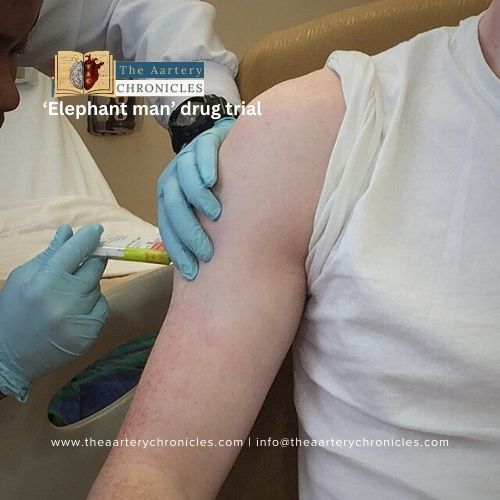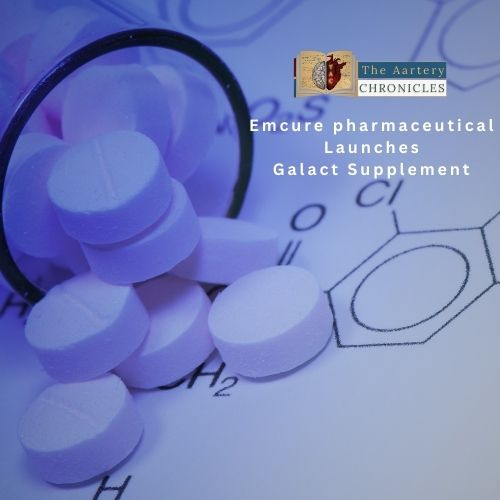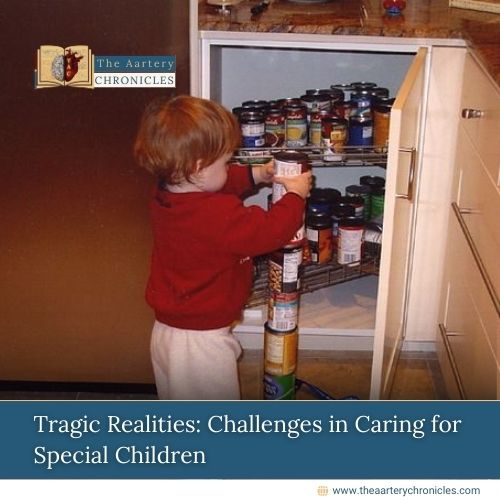

CT Scan Radiation Risk Now Equals Obesity, Alcohol
A new study from the University of California-San Francisco (UCSF) reveals that repeated exposure to CT (computed tomography) scans may significantly increase the risk of cancer comparable to other known factors like alcohol use and obesity.
CT Scan Radiation Linked to Cancer Cases
The researchers estimate that radiation from CT scans could be responsible for approximately 5% of all annual cancer diagnoses. This finding comes as CT scans continue to be a vital diagnostic tool, yet their use has grown considerably, raising concerns about overuse and the associated risks of radiation exposure.
- Children and Infants at Highest Risk: The study highlights that the youngest patients, especially infants under one year of age, are the most vulnerable to developing cancer as a result of CT radiation. Children and adolescents are more sensitive to radiation’s effects due to their rapidly developing tissues. In this group, the most commonly linked cancers include thyroid, lung, and Breast cancer.
- Adults Remain the Largest Group Exposed: Despite children being more sensitive, adults who receive the majority of CT scans also face increased risk. Among adults, CT-related cancers are most commonly found in the lungs, colon, bladder, breast, and blood (leukemia).
A Growing Concern: Over 100,000 Cancer Cases Linked to CT Scans in 2023
In 2023 alone, around 93 million CT scans were performed across the United States, involving approximately 61.5 million patients. The study estimates that this may lead to more than 103,000 new cancer cases three to four times higher than previously believed.
Scan usage tends to rise with age, with the highest number of CT scans conducted in adults aged 60–69. Children accounted for just over 4% of the total scans but are disproportionately affected due to higher sensitivity to radiation.
Use CT Scans More Wisely
Lead researcher and UCSF radiologist Dr. Rebecca Smith-Bindman emphasizes the need to balance the life-saving benefits of CT scans with their potential long-term risks.
CT scans are life-saving tools, but their risks are frequently underestimated,” she explained. “This research shows that the cancer risk from CT radiation is comparable to other major risk factors like alcohol consumption and being overweight.
To reduce cancer risk, the researchers urge healthcare providers to limit the number of CT scans performed and to minimize radiation doses wherever possible.
Conclusion: Safer Imaging Can Save Lives
While CT scans remain an essential tool in modern medicine for diagnosing various health conditions, this new study reinforces the importance of using them judiciously. By reducing unnecessary scans and lowering radiation exposure, thousands of cancer cases could be prevented each year ultimately improving patient safety without compromising care.
Source: Inputs from various media Sources

Priya Bairagi
Reviewed by Dr Aarti Nehra (MBBS, MMST)
I’m a pharmacist with a strong background in health sciences. I hold a BSc from Delhi University and a pharmacy degree from PDM University. I write articles and daily health news while interviewing doctors to bring you the latest insights. In my free time, you’ll find me at the gym or lost in a sci-fi novel.








